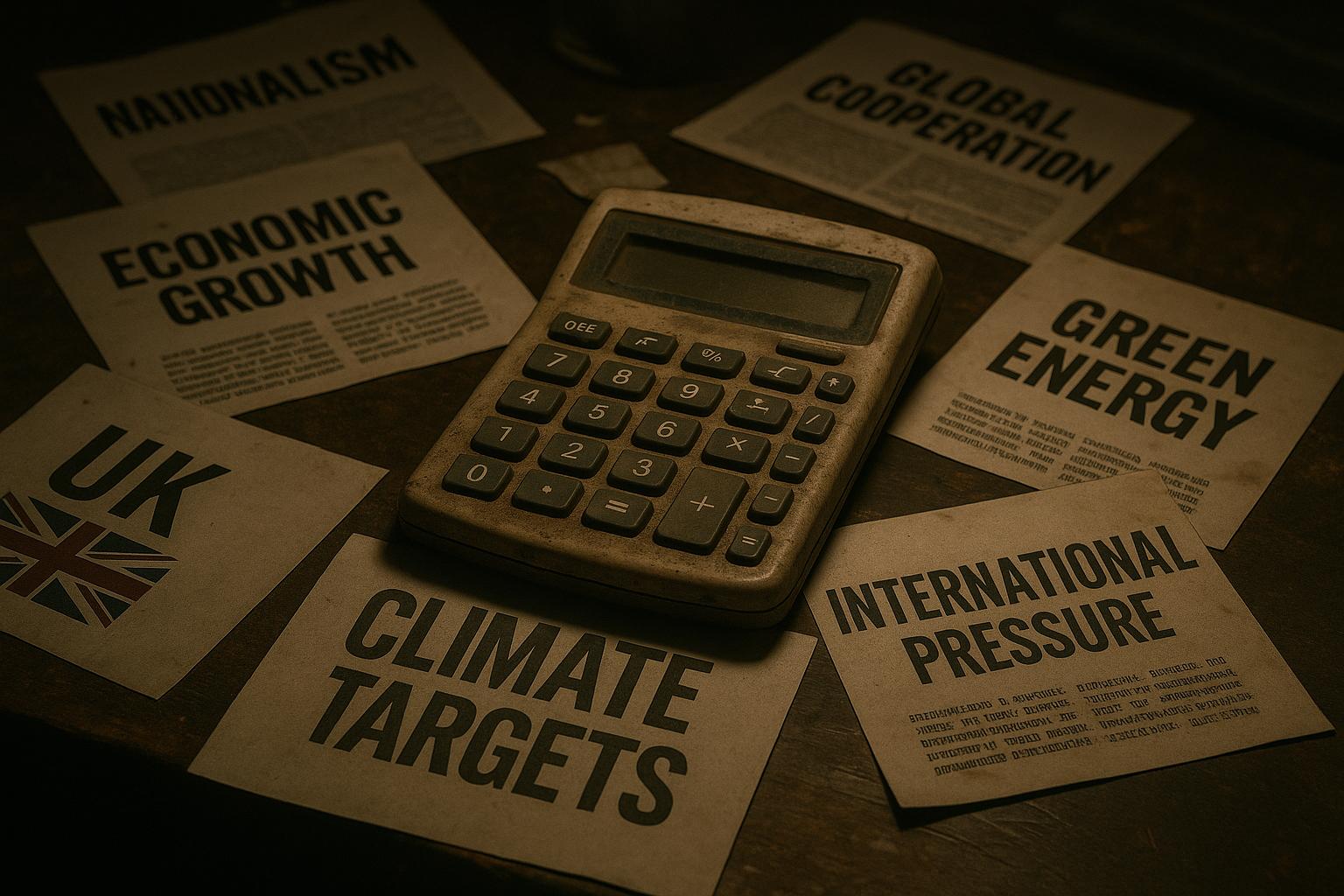Amid escalating global and domestic challenges, the UK government faces mounting calls to uphold and accelerate its climate ambitions, particularly the pursuit of net zero emissions by 2050. Climate campaigners and political leaders alike are urging decisive action in the face of growing opposition from key political parties and the shifting international climate policy landscape.
Labour leader Sir Keir Starmer has been pressed to maintain a firm stance on green policies as both the Conservative Party, now led by Kemi Badenoch, and Reform UK have signalled intentions to roll back on the UK's climate commitments. Badenoch recently declared the net zero target “impossible” to achieve and pledged to maximise extraction in the North Sea, aligning with Reform UK's vow to fast-track oil and gas licenses while scrapping net zero targets if elected. These positions starkly contrast with Starmer’s plans to accelerate the transition to a net zero economy, emphasising renewable energy’s role in national security, economic growth, and reducing reliance on fossil fuels, as outlined at a recent energy summit.
The government’s resolve on climate policy comes under scrutiny amid reports suggesting Labour officials might exploit regulatory "loopholes" to extend North Sea drilling, a move that campaigners warn would undermine climate progress. However, officials have reiterated commitment to their manifesto pledge to issue no new licences for exploration, only maintaining existing fields for their lifetime. Energy Secretary Ed Miliband confirmed that a forthcoming strategy will articulate this approach, while consultations continue on banning new drilling licences and transitioning the North Sea towards clean energy sources such as hydrogen, renewables, and carbon capture technologies. Nonetheless, trade unions have voiced concerns about the potential impact on jobs and energy security during this transition.
Internationally, the climate context is equally complex. The US, under former President Donald Trump, has retreated from climate action, with Trump publicly denouncing global warming as a “con job” and urging increased North Sea drilling. Conversely, China recently pledged a 7-10% emissions cut over the next decade, alongside ambitious expansions in wind and solar capacity and pollution-free vehicles. Although experts note China's commitments are seen as cautious, it is recognised for typically exceeding its targets. This geopolitical split highlights climate policy’s evolution from debate to a competitive arena for future markets, investment, and job creation, a shift noted by academic voices highlighting the economic imperative behind climate action.
Within the UK, there is recognition that the low-carbon transition is already generating economic opportunities, particularly in sectors like offshore wind where job growth outpaces the wider economy. Yet, concerns persist regarding the sufficiency and ambition of current targets. The Climate Change Committee and environmental campaigners advocate for steeper emissions cuts—up to 81% by 2035 compared to 1990 levels—to meet the scale of the crisis and demonstrate global leadership.
Ed Miliband has publicly affirmed the government’s “strong commitment” to net zero, framing the green transition as both an energy security measure and an engine for job creation. This stance serves as a counterpoint to criticisms from figures like Chris Stark, the outgoing head of the Climate Change Committee, who has lamented the previous government's backsliding on climate ambition.
As the country navigates these competing pressures ahead of the Labour Party conference, the UK’s climate policy trajectory remains a focal point for debate—balancing economic and political realities with urgent environmental imperatives.
📌 Reference Map:
- Paragraph 1 – [1], [4], [5]
- Paragraph 2 – [1], [6], [2], [4]
- Paragraph 3 – [1], [4], [5], [6]
- Paragraph 4 – [1], [2], [5], [3]
- Paragraph 5 – [1], [7], [3], [2]
- Paragraph 6 – [1], [2], [3]
Source: Noah Wire Services
